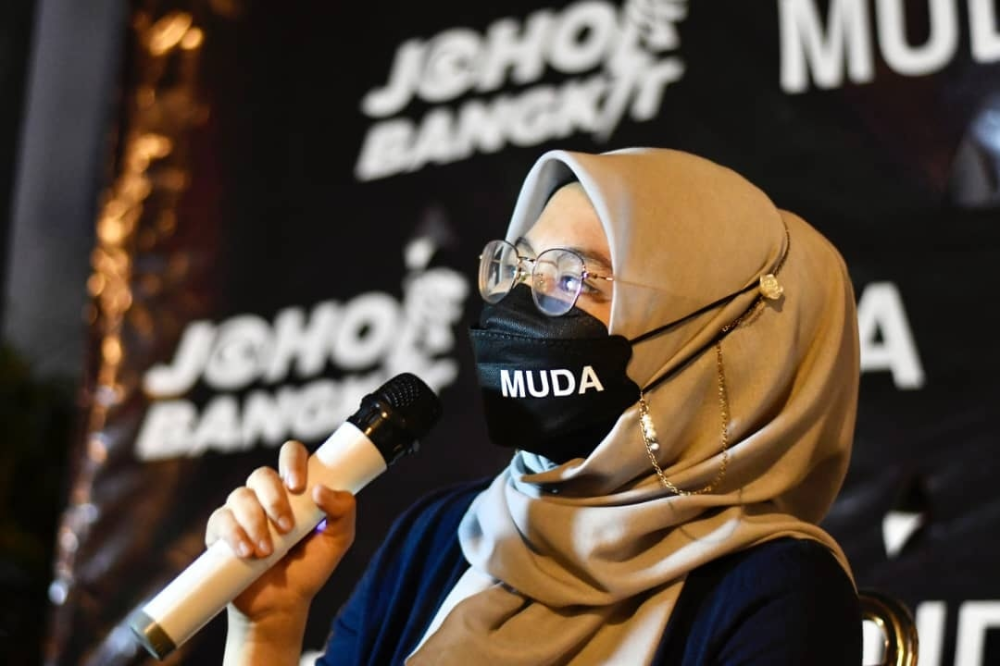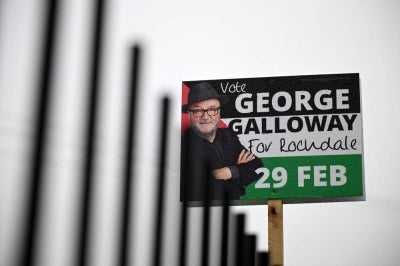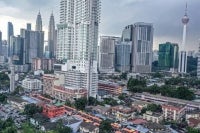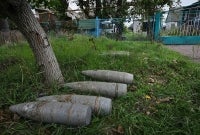Commendable move by Muda, proving a point about democracy

The debate among certain segments of politically savvy Malaysians these days is what is the best course of action for Muda.
After being in limbo for several months regarding its official admission into Pakatan Harapan (PH), the party finally said, “Enough!”.
The last straw seems to be that seat negotiation in Selangor did not include the party.
The conundrum about Muda is that it is a new party that was formed following the Sheraton Move by a very outspoken youth leader with significant online presence. Because of their popularity—for good or for bad—there is a sense of confidence that they can take on the giants within Malaysian politics.
It is commendable for Muda to be the so-called third force in the upcoming elections.
I said “so-called” because it appears we have forgotten about Pejuang. As the third force in the 15th General Election (GE15), we know how it ended for them.
Pejuang’s application to join Perikatan Nasional (PN) ostensibly to avoid splitting the Malay vote was rejected by the coalition in March.
But we don’t really hear too much noise emanating from that side. It appears that they tried their luck and moved on when it didn’t work in their favor.
I am not suggesting for Muda to follow that template. But we cannot avoid the similarities between these two.
The main difference is that Perikatan Nasional came outright and rejected Pejuang whereas Muda was left dangling with uncertainties by PH.
Now that Muda has decided to compete against the coalition they had applied to join, while at times chiding them, people are beginning to question the party’s motive, logic, and principle.
As a nation experimenting with democracy, we should naturally permit and accept as many parties as possible to represent the interests of the people.
As I have stated and written over the years, the Malays in Malaysia are not a single entity, and they deserve as many political parties as possible to represent their various interests.
Expanding this concept to the entire nation, Muda will naturally find its niche and supporters among Malaysia's roughly 20 million eligible voters.
Lest we forget, Pas was also the third force in the 2018 election, despite widespread predictions that it would be "wiped out." Instead, it won 18 seats and returned four years later much stronger.
But it is disingenuous to compare Muda with Pas.
The Islamist party has been around for seven decades. And in those years, they have mostly been patiently relegated to the opposition side within Malaysia’s semi-authoritarian regime.
When it suited them, they joined forces with other coalitions such as Barisan Nasional (BN) in the 1970s, Angkatan Perpaduan Ummah in the 1990s, Pakatan Rakyat in the 2000s and now Perikatan Nasional (PN).
Some may argue that Pas appears unprincipled, but for a party that has endured so long, change and evolution are inevitable.
In contrast, Muda is only three years old. This is their opportunity to establish themselves in Malaysian politics.
I believe Muda understands this.
This is why they have the courage to compete in the impending elections against PH, BN, and PN. Muda is aware of Malaysia's first-past-the-post (FPTP) system, in which the party with the most votes, even if not a majority, obtains the seat.
Supporters of PH are concerned that Muda will divide their vote, giving PN an easy victory. It is believed that supporters of PH and Muda overlap, which would give PN the advantage, even if there might be more liberal voters in a particular constituency when combined.
This is the biggest problem with FPTP.
But FPTP is specifically designed to prevent polarisation and force parties to cooperate. Also, in an FPTP system, it is advantageous for parties to migrate closer to the centre of the political spectrum in order to receive the greatest number of votes. I'm confident Muda is cognizant of each of these facts.
Nonetheless, they are taking the risk in order to prove a point about democracy, namely that anyone and any ideology may exist and compete in elections.
For so long in Malaysia’s history, we have been sold the idea of “political stability.” In fact, we are constantly threatened by it.
We are told to only vote for certain coalitions if we desire stability; or else capitulate to the terrifying unknown. However, democracy is about change, so that no party or coalition feels comfortable enough to silence its critics.
The problem with Malaysia is that every time there is a change in government, the new administration makes it its mission to rebrand policies that are already effective.They are concerned with sloganeering rather than leaving a legacy of sound policymaking.
The nation's policies have become vehicles for political campaigns leading to allegations of instability. People become disillusioned with democracy as a result.
During the upcoming elections, partisan voters will not deviate from their respective parties. Those dissatisfied with the trajectory of their parties may choose to abstain from voting.
As with any election, the true challenge lies in mobilising undecided voters. Muda has the right to compete in such a contest, even if the outcome may benefit PN. It would indicate that PN has the most ballots in a particular constituency.
Thus, they are the "winner."
Syaza Shukri, PhD is an assistant professor of political science at International Islamic University Malaysia.
The views expressed in this article are the author's own and do not necessarily reflect those of Sinar Daily.
Download Sinar Daily application.Click Here!















